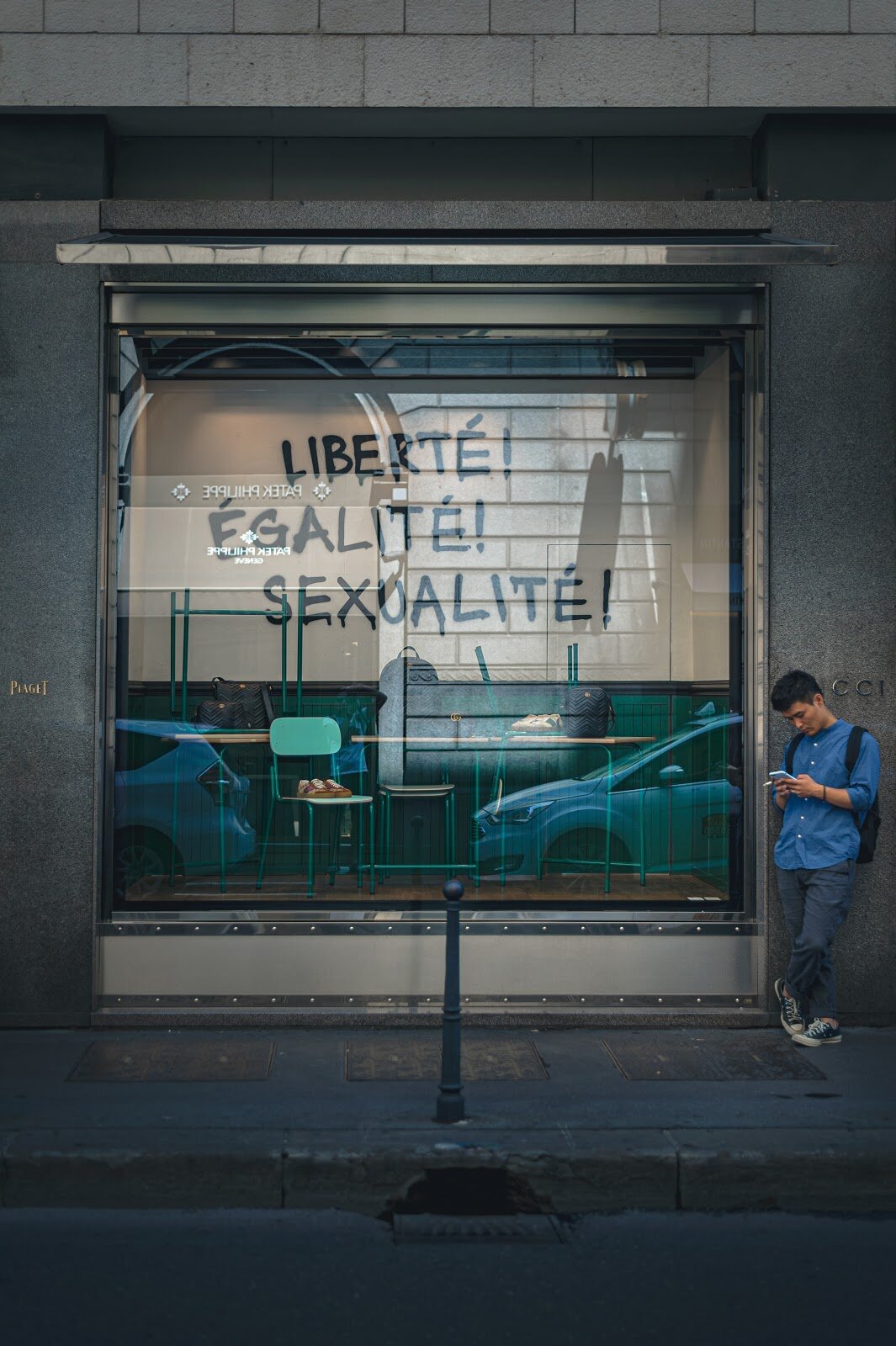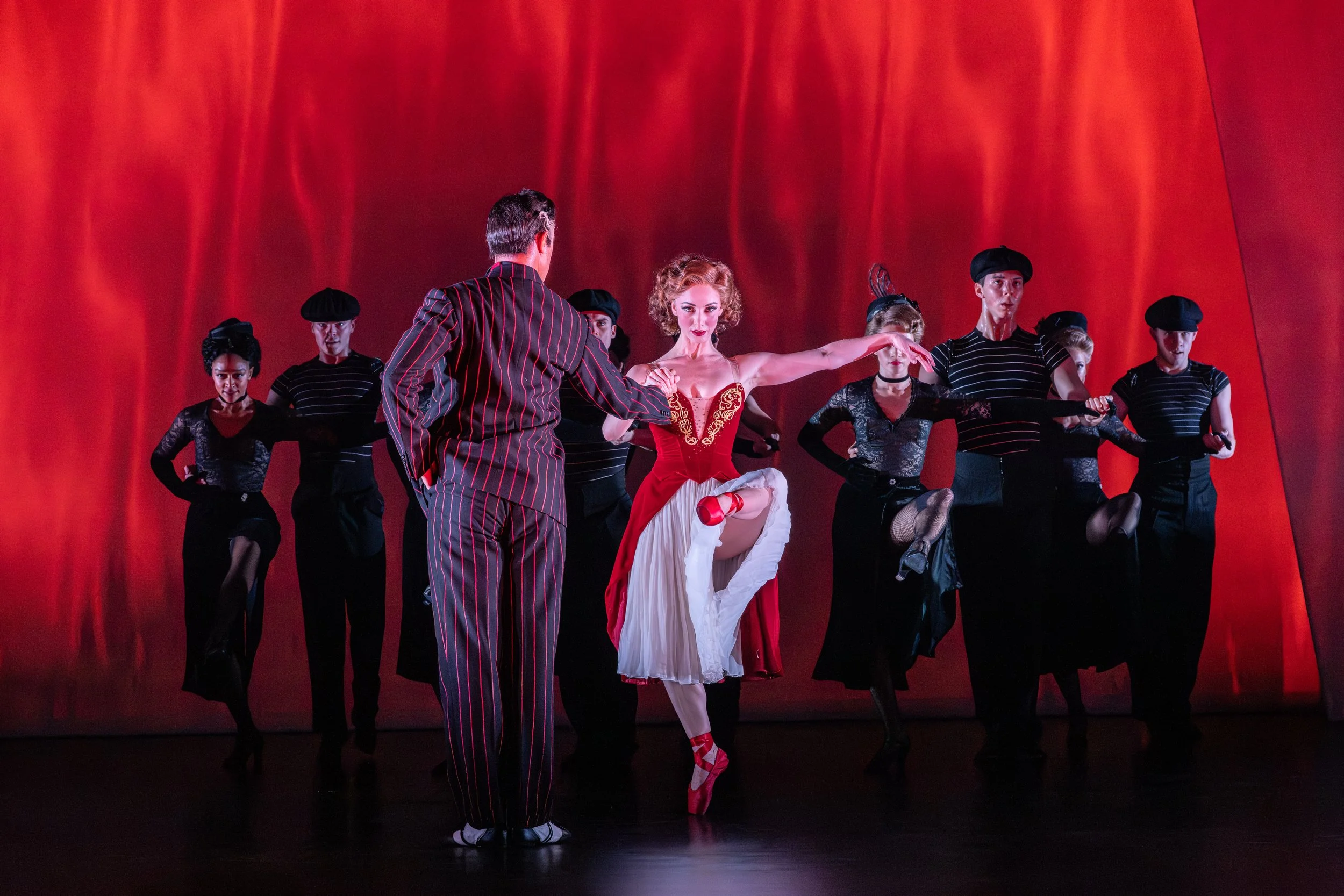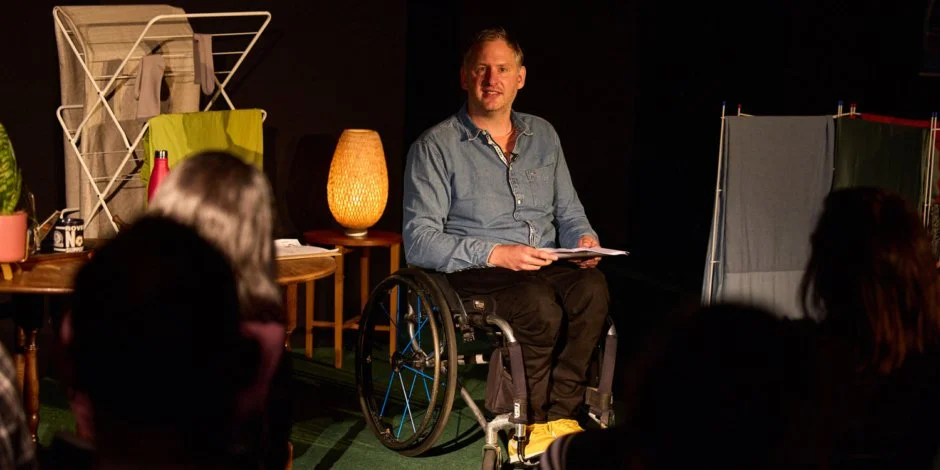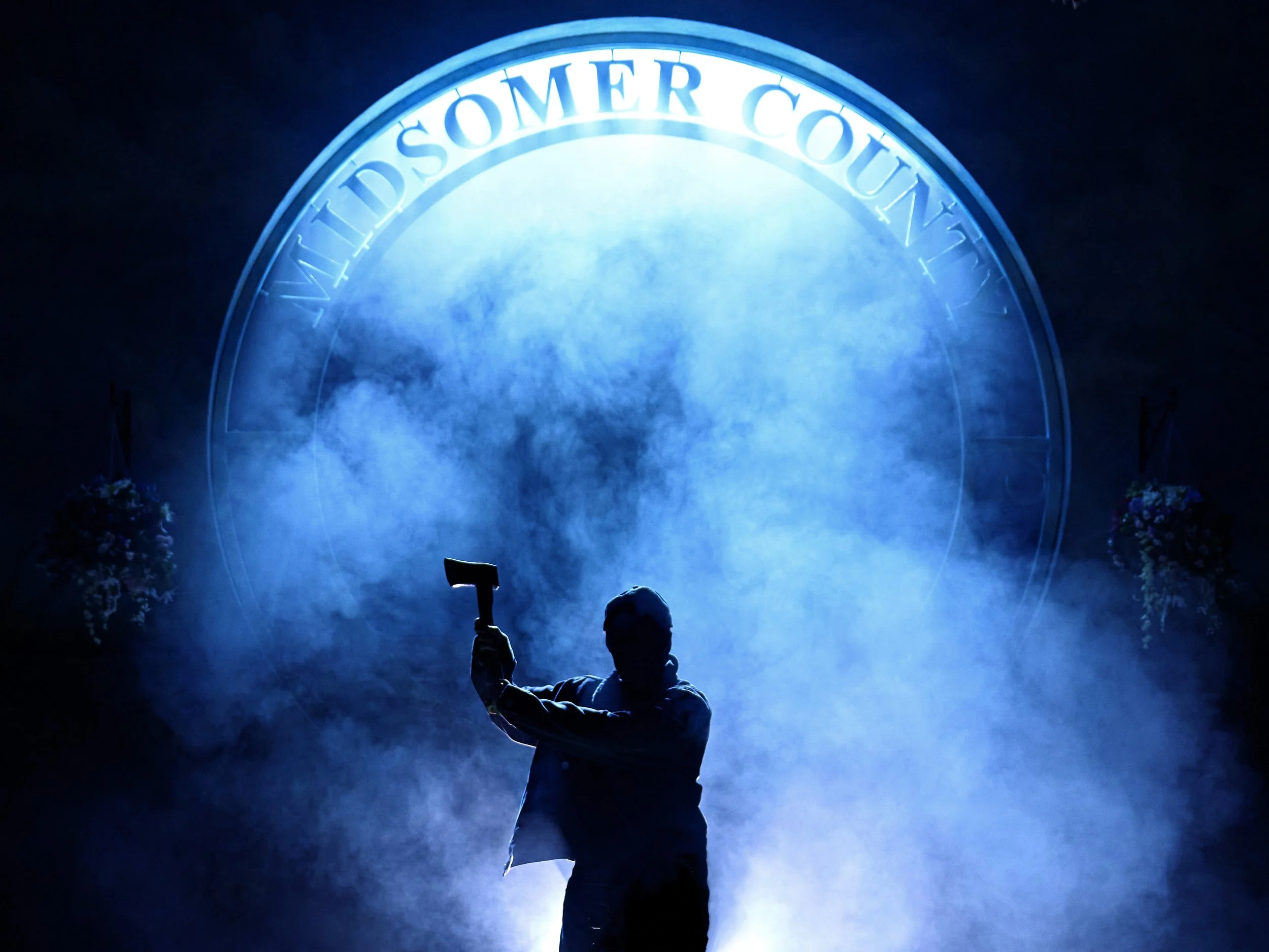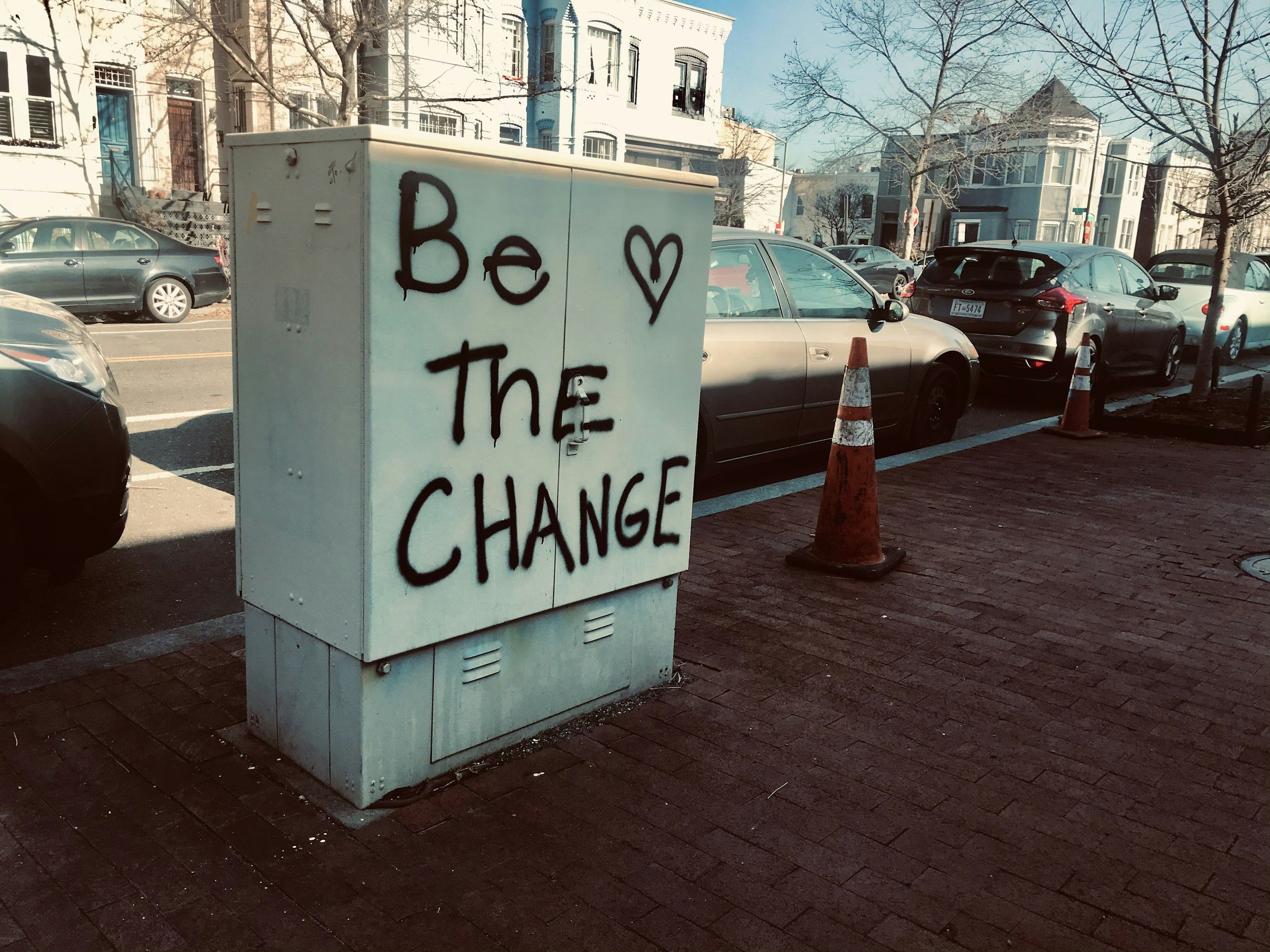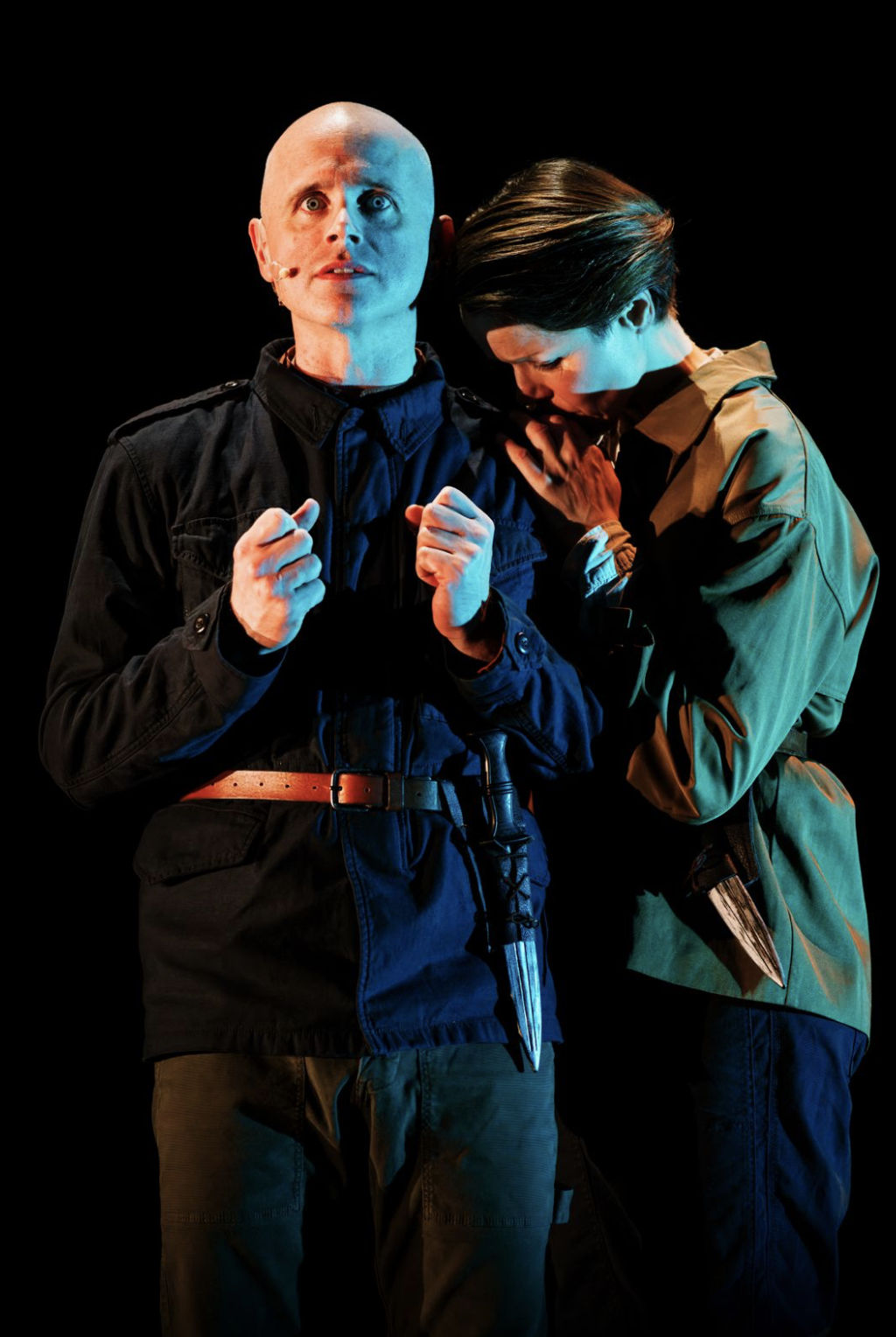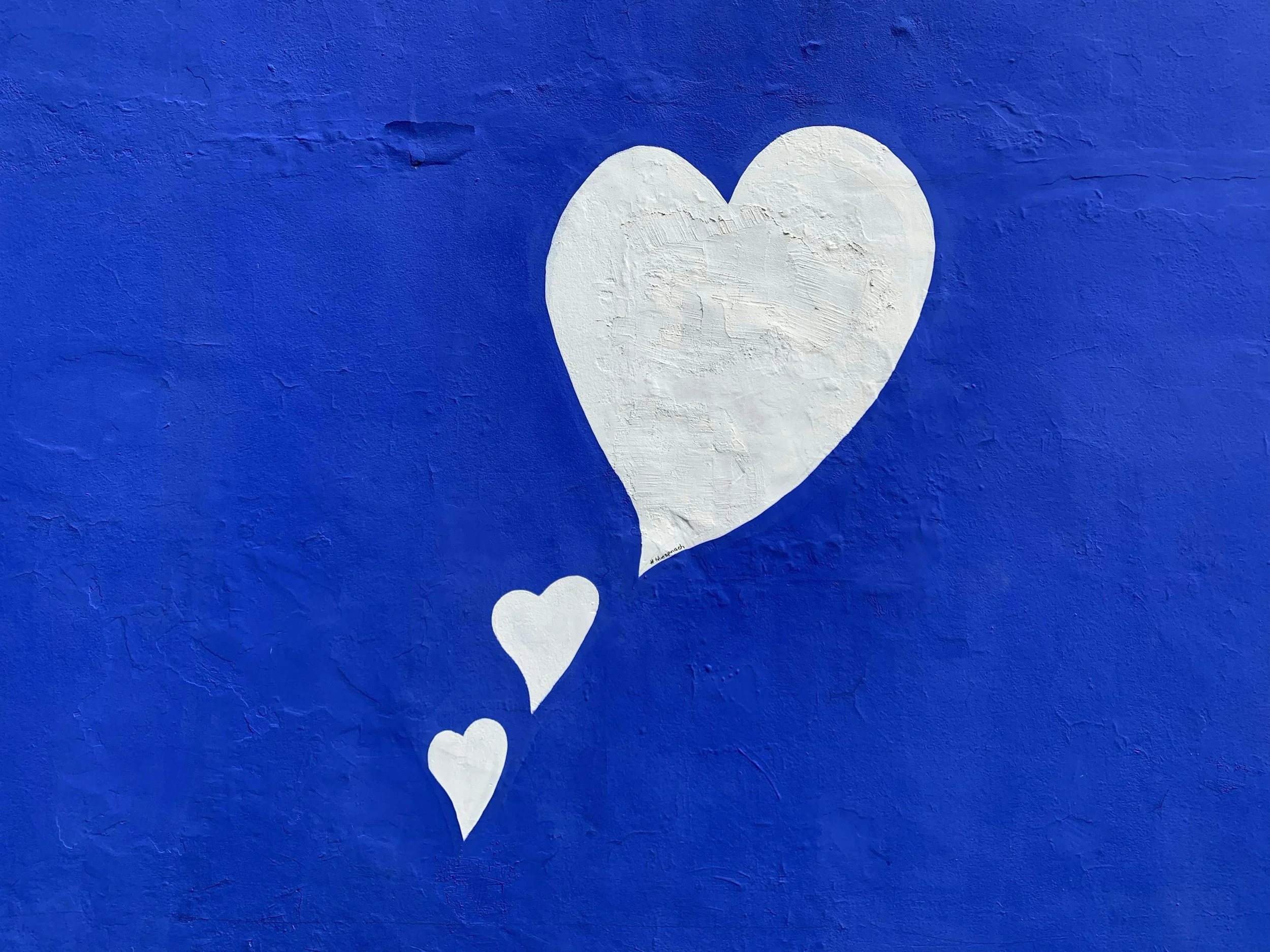Growing Up Mixed-Race In France
I only remember those few words my uncle called me at a very young age: “the little negro”. I wonder today, why I remember when I didn't even know what they meant at the time? I also remember my mother telling him off: “you can’t say that”. It didn’t mark me at the time, it didn’t mark me growing up, until I realised that I wasn’t white, until I realised that my colour is actually visible, until I realised that my colour makes me different in the eyes of many.
Photo Credit: Left to right Thomas de LUZE / Egor Myznik / Thomas de LUZE
I wonder, what else have I not seen? What else have I ignored? How many times could I have said something and told ignorant people to shut their mouth and go educate themselves? Can I blame that for my mental health problems? Only recently have I truly acknowledged that and become a person of colour.
I was born in France in 1991. I am mixed race - my father is from the Caribbean and my mother is white French. I grew up in a white family and I actually did not know my father until two years ago. My family never told me that I would have racist remarks said to me, that remarks like that were unacceptable, and that I should say something, but I do not hold them responsible.
France is said not to be racist. “Liberté, égalité, fraternité” is the motto (liberty, equality, fraternity). They shout those words brandishing the flag of terror, singing the violent and racist hymn that I have always refused to sing. In reality, France is ‘colour-blind’, people (say they) do not see colour.
We know that not seeing colour is a problem, not seeing colour is ignoring the heritage, ignoring the history, ignoring a real suffering that lay deep inside our bones. When I was in France, racism only showed (and still shows) in very subtle things: in jokes and comments. Most of the time, they do not even dare to say “noir” (black in French). They use the English word “black”.
I find that fact absolutely incredible; this is more than colour-blindness. This is, as we ferociously said recently, a systemic racism, invisible, ingrained in language, a fear. They do not need guns to hurt, just a word is enough, just a glance is enough. Just as I did not know about my colour, they did not know about their behaviours. Or did they?
Photo Credit: Baylee Gramling
Everything is in the image, the appearance, nothing else counts. I have heard many times that my hair is funny, “can I touch it?” they say while pulling it to make it bounce. But they prefer me when I straighten them. At a party, a song comes up, it sounds Arabic, this girl looks at me and says, “that’s your song”. For a very long time, I have hidden myself, my femininity, my colour and everything it embodies behind a straightener, large clothes and things that I have nothing to do with who I am today.
And then when I came to England, people started to ask me where I was from. “France” was always my answer. “No but where are you really from?”
Everything is in the image, the appearance, nothing else counts. I was made aware that I am not white and that is to be different.
This kind of racism is for sure, only subtle and hidden behind behaviours and language, but it is present. It is present in the family, at work, sometimes among friends. And I learned this here in England where people of colour dared talking about a common experience. And here, I found a sort of liberation.
Today I am proud of my colour. I feel wanted; I feel beautiful. I am, myself, just by my look, a revolution, we are, just with our hair and skin, a revolution. And when people ask me, (or rather imply), when I will stop talking about this, I want to tell them, when are THEY going to stop talking about us this way? We will not get over it until it gets over us.
Everyone knows, or should know that racism is worldwide, it is rooted in society and in all minds. It is not because we do not have guns like the US that violence does not exist. It is here in a different way. How do we know that if guns were allowed in Europe, the situation would not be exactly the same as the US?



